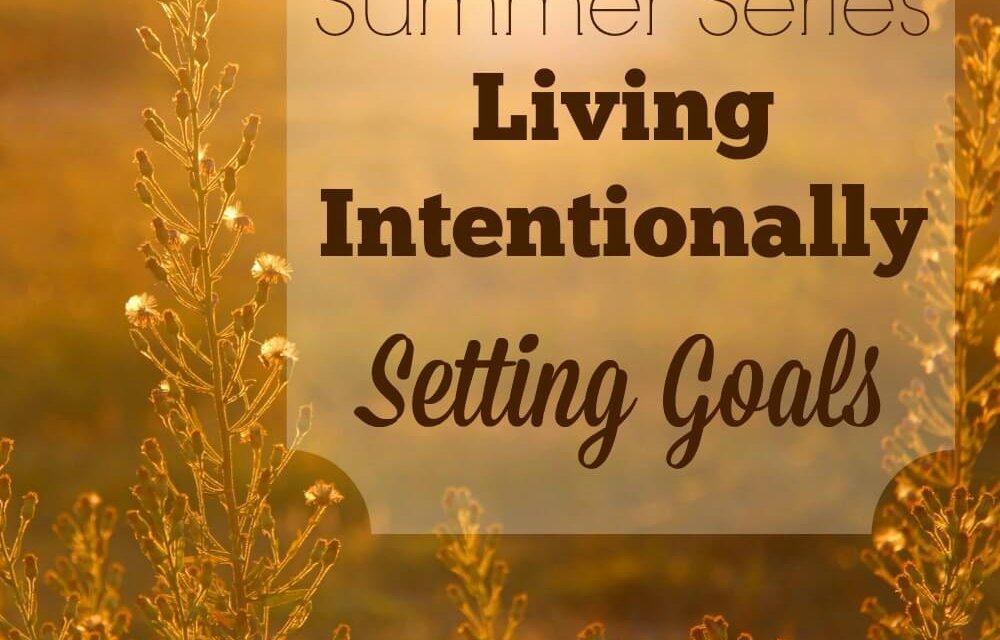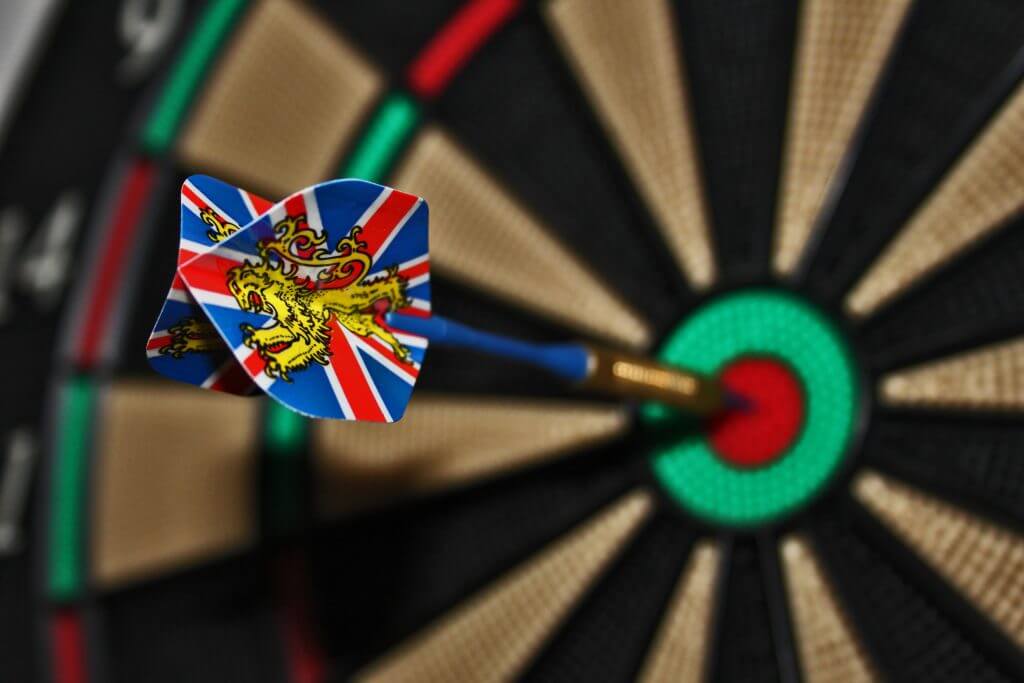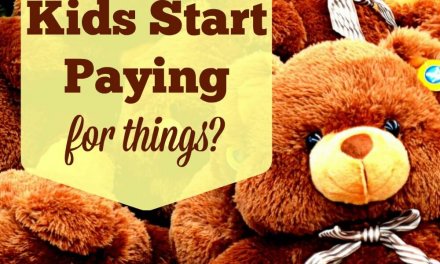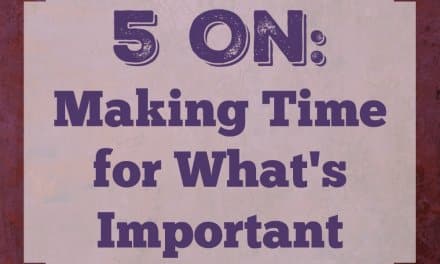The first step in almost any process of change is setting goals. But why do we do this? Can’t we just skip this step and get on to smelling the roses and watching the sunset?
Well… no.
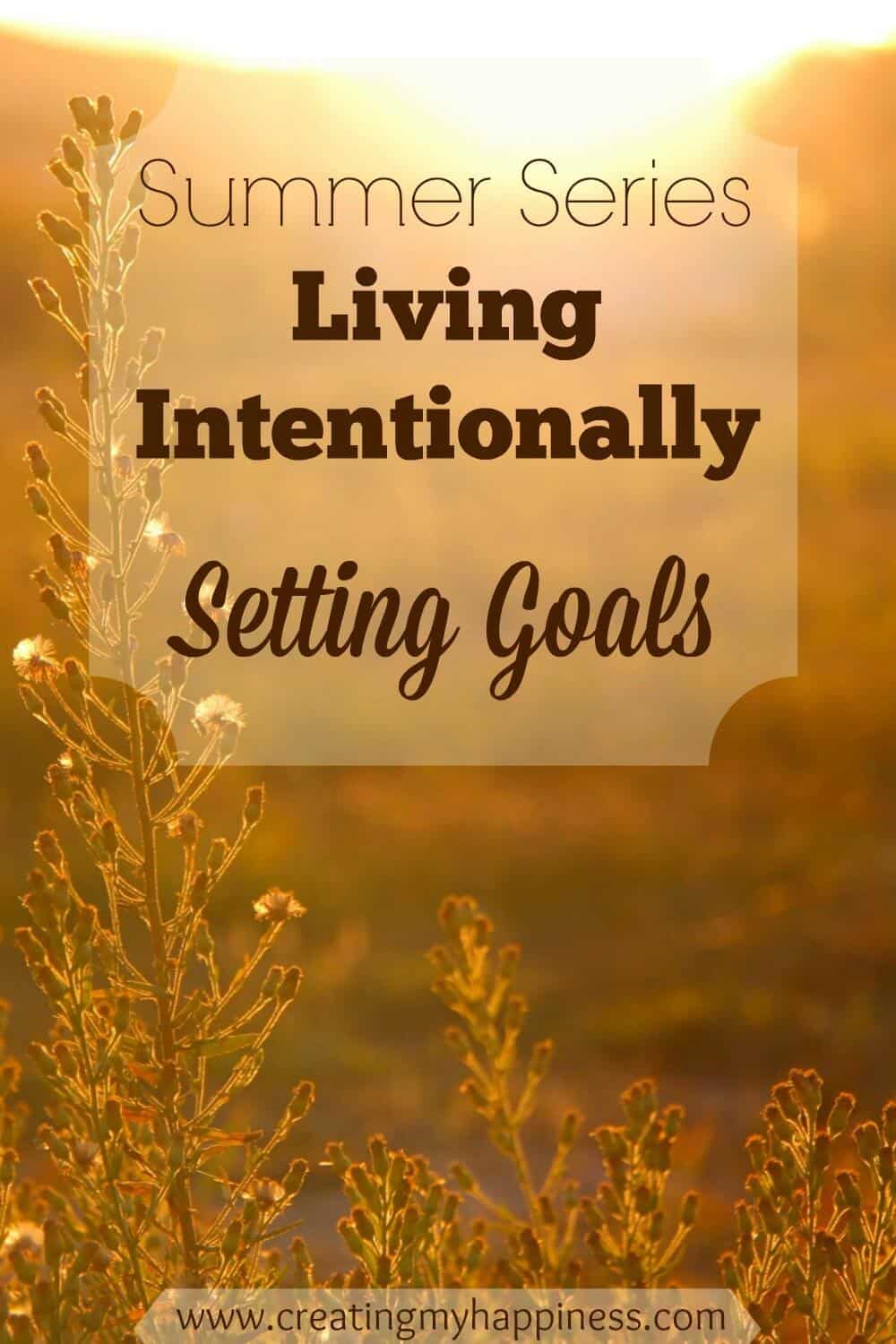
Goals are an important step because, as I mentioned in the introduction to this series, living intentionally means different things to different people. Maybe watching sunsets isn’t on your bucket list, but skydiving is, and there’s no way I’m doing that!
Goals help us live more intentionally. They give us, if not a path to follow, a destination. If I asked you the way to San Jose, you could probably tell me 100 different ways to get there (thank you, Google maps). Some might fly, some might take a boat. Some might take the scenic route, others the direct. Some people might take a cross-country ride on a tractor! The path is up to you, but knowing where you’re going keeps you heading in the right direction.
Now imagine this scenario. You have plans with a friend to meet, but she won’t tell you where. “You’ll know it when you get there,” she says. Uhhhhhh, okay. Which way do you turn when you get to the end of your driveway? I’m pretty sure I would just turn back. I’m also pretty sure I wouldn’t make plans with that friend again.
How many times have you started doing something with no clear end in mind? How did it work out? I don’t doubt that there are people out there who live a perfectly content life having no goals, just seizing opportunities as they come up.
Most people, however, don’t operate very well like that. I, for one, would end up binge watching Netflix with a pint of Ben and Jerry’s for weeks on end.
Before you start to panic, goals don’t have to be stodgy, professionally worded SMART goals. I’m not your boss. I’m not your teacher. You don’t have to write your goals for anyone but yourself.
Goals helps us by serving 3 main purposes:
1. Setting goals helps us figure out what we want. If you take the time to really think about your goals, the process will help clarify what’s important and what will have the biggest impact on your life.
2. Have a goal helps us gauge whether we’re moving in the right direction.
3. Goals allow us to say, “I’m done!” When you have a specific goal – I want to save $2500 – you know when you’ve met it. It’s a great feeling to check off a goal as done… and move on to the next.
If you’re having trouble getting started, here are a few areas you can focus on. Don’t feel that you have to do everything. Having too many goals is just as bad as having none. You can always go back and add new goals as you progress.
What would make you a happier person? A better person? A more secure person?
What would make you happier at work? Do you need a plan to find a new job? Get a promotion? Spend less time at work?
Could you use more time with your family? Do you want to find more things to do together? Do you want to reconnect?
Do you have a savings goal? Do you want to learn about investing? Retirement plans? Do you need to create a workable budget?
What do you want to learn? What makes you say, “I wish I could do that!” What could you do with more education?
Do you want to be healthier? More fit? Do you want to lose weight? Eat more vegetables?
Try to keep your goals positive. Instead of “stop being a fat cow,” try, “live a healthier lifestyle.” Your goals should be something you can reread for inspiration, and belittling yourself is not inspiring.
One final tip. A goal has to be something that you are in control of. Don’t make your goal to get hubby to stop leaving dishes in the sink, or to get your boss to be nicer to you. You can’t control the actions of others, only how you react to them.
Assignment: Write down your goals. Start small if you like! And if you feel comfortable, share them in the comments!
Next week: Acting with Purpose

